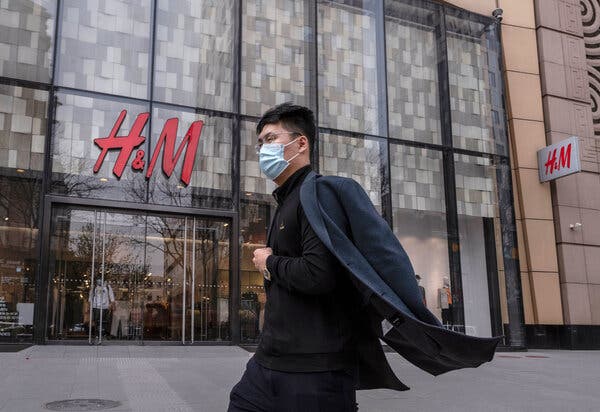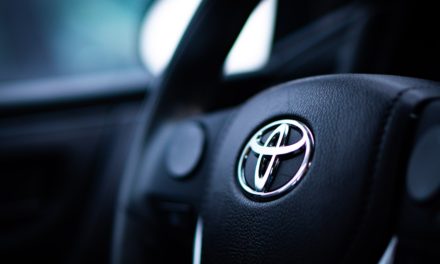The current US ban against Chinese products made with forced labor is seen as a win where human rights and the fight against human trafficking are concerned. However, it doesn’t win brownie points for many importers who are kicking up a fuss on delayed stock deliveries and an overall lack of transparency from relevant agencies.
Regulations on Chinese goods
Recent regulation has called for more stringent protocols regarding industrial supply chains. For example, companies must now show that their complex supply chain setups are free from forced labor – something that can lead to delays lasting up to three months as well as extensive paperwork. If an importer cannot prove that its suppliers are transparent when it comes to fair labor practices, they are mandated to abandon or return any shipments.
The US government has issued several mandates specifically banning the import of products from Xinjiang Province in China. Recent media exposés have revealed the enslavement of non-Chinese ethnic groups, particularly the Muslim Uyghurs, among others.
During the final months of the Trump Administration, these bans covered products made from cotton or tomatoes. Recently, the Biden Administration has expanded the mandate to include raw silicon and similar materials used to produce solar panels.
A higher number of detentions
Officials of the US Customs and Border Protection (CBP) agency have detained over 620 out of a possible 1,255 shipments of suspect goods since October 2020 under what is referred to as withhold release orders or WROs. This contrasts with the 324 detentions made earlier last year, before the imposition of the cotton and tomato ban in December 2020 and January 2021.
The clothing industry has borne many of the issues stemming from the bans on Chinese goods. Importers like the Japanese fast-fashion brand Uniqlo are worried. They are hard-pressed to come up with evidence showing that none of their products was made by laborers forced to work under unfair and potentially hazardous circumstances.
The CBP has advised Uniqlo’s legal team that the dossier the company submitted featured several questionable documents, including barely legible purchase contracts as well as customs declarations from the Chinese mainland that were either unsigned or undated. Uniqlo has since been ordered to submit other documents to prove that its supplier doesn’t use forced labor, including time cards, payslips, and similar pieces of evidence. The company and others like it have since hit back at the CBP, claiming a lack of transparency as well as undue delay.
For its part, the CBP admitted to being understaffed in the face of the ongoing pandemic but continues to expand its capability to screen Chinese imports to more effectively curtail the practice of forced labor.















